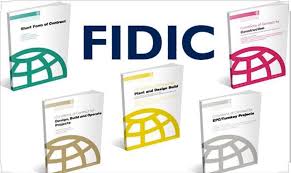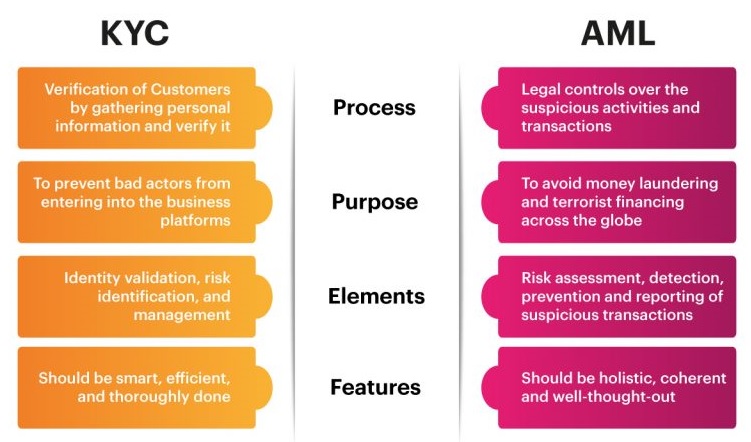FIDIC contracts with an Armenian accent
Since their publication in 1999 the three FIDIC contract forms, or, as also named, Books, have become not just well known and respected in international infrastructure contracting in all its many guises, but a major force for international cooperation and understanding.
The second editions of the three main FIDIC construction contracts were formally introduced at the London users’ conference in December 2017. The new Red, Yellow and Silver Books had long been anticipated and represented the first update to the three main forms since 1999.
FIDIC forms have U.K. origins and important features of the forms reflect English or common law concepts. FIDIC contracts have, however, been used successfully whatever the governing law and a feature of the contracts historically, as well as the 2017 editions, has been to ensure as far as possible that the general conditions are neutral with respect to the particular governing law chosen by the parties.
Clause 1.4 of the Yellow Book, as well as the Red Book, entitles that The Contract shall be governed by the law of the country (or other jurisdiction) stated in the Contract Data (if not stated, the law of the Country), excluding any conflict of law rules.
Under Armenian regulations, construction and design works, as a rule, are carried out on the basis of a construction contractor agreement, the regulation of which is mainly provided for by Chapter 37 of the Civil Code of the Republic of Armenia, and in many cases, regulations are flexible at the discretion of the parties.
For example, a feature of the Yellow Book in both editions is that, like the Red Book forms, it seeks to strike a fair balance of risk between Contractor and Employer. The Contract allocates risk by striking a balance between the need to protect the Employer from the time and cost consequences of physical conditions which an experienced Contractor ought to have foreseen, and the need to protect responsible contractors from the time and cost consequences of conditions which they cannot reasonably have been expected to foresee at tender stage.
Under Article 739 of the Civil Code of the Republic of Armenia, the distribution of risk between the parties is carried out as follows:
The risk of accidental loss of or accidental damage to the construction facility that is the subject matter of the construction contractor agreement shall be borne by the contractor before acceptance thereof by the customer.
However, risk allocation regulations are mainly dispositive, which entitles parties to choose the relevant scenario, in this case, using both of Contract forms as needed.
It is also worth noting that, despite traditional dispute resolution methods (national courts), the Armenian legislation recognizes the ability of alternative dispute resolution methods.





